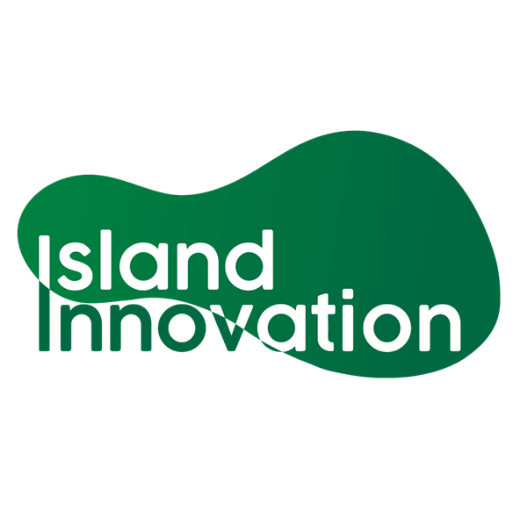A healthy ocean ecosystem is critical to the health and development of island communities. An economic vector that can support local economies through tourism, fisheries, aquaculture, shipping and related investments, the ocean and its resources account for a non-negligible percentage of many island nations’ Gross Domestic Product (GDP). With rising demand for sustainable solutions and blue economy projects, large ocean states are becoming a hotspot for innovation. In two separate sessions at the 2023 Virtual Island Summit, the Waitt Institute highlighted the opportunities island communities can turn into workable sustainable economic development.
Bringing together island stakeholders from across the world, one of the Waitt Institute’s panels featured John Gibbons, Trust Manager, Harbour Fiduciary Services Limited based in Bermuda; Adriano Quintela, Operational & Information Manager for Blue Azores; Andrew Paris, Science Coordinator at Blue Prosperity Fiji; and Steve William Hango, Senior Desk Officer, Vanuatu Department of Foreign Affairs. The session was moderated by Blue Prosperity Micronesia’s Dr Nicole Yamase.
Leveraging Indigenous Knowledge
The breadth of the speakers’ expertise highlighted the key challenges and solutions facing island communities in various geographical locations – and despite their relative distance, several commonalities shone throughout. Firstly, new international policies aimed at protecting 30% of the world’s natural areas by 2030 and legislating Biodiversity Beyond National Jurisdiction (BBNJ), opened up new pathways for islands to identify their blue economy opportunities. Secondly, the global appetite for nature-based solutions is leading to an increase in funding for research programmes on local resources but also tapping into local, traditional, and indigenous knowledge on environmental management.
The breadth of the speakers’ expertise highlighted the key challenges and solutions facing island communities in various geographical locations – and despite their relative distance, several commonalities shone throughout. Firstly, new international policies aimed at protecting 30% of the world’s natural areas by 2030 and legislating Biodiversity Beyond National Jurisdiction (BBNJ), opened up new pathways for islands to identify their blue economy opportunities. Secondly, the global appetite for nature-based solutions is leading to an increase in funding for research programmes on local resources but also tapping into local, traditional, and indigenous knowledge on environmental management.
The breadth of the speakers’ expertise highlighted the key challenges and solutions facing island communities in various geographical locations – and despite their relative distance, several commonalities shone throughout. Firstly, new international policies aimed at protecting 30% of the world’s natural areas by 2030 and legislating Biodiversity Beyond National Jurisdiction (BBNJ), opened up new pathways for islands to identify their blue economy opportunities. Secondly, the global appetite for nature-based solutions is leading to an increase in funding for research programmes on local resources but also tapping into local, traditional, and indigenous knowledge on environmental management.
Collaborative Approach to Policy
Having public involvement, especially from indigenous custodians, on environmental conservation and resource management is key. The link between local communities, the land, and the ocean is intrinsic. Likewise these natural resources have a direct impact on the socio-economic health and development of island communities, it is therefore important to leverage indigenous knowledge alongside scientific understanding to craft truly efficient management practices. That being said, for many island communities and governments, the ability to collaborate on large-scale projects can be daunting.
“I think every island must understand this cannot be done by themselves,” expressed the Hon. Walter Roban, Deputy Premier of Bermuda, “There’s no need for any single community to try and do all the work – to create a blue economy strategy, or marine spatial plan or other important conservation measures for marine areas – there are many organizations that actually participate in this space and are happy to come and support islands and show them possible strategies.”
Sustainable solutions are only sustainable if they take into account every aspect of community development within their own local context. As islands develop opportunities to responsibly use their natural resources through blue economy projects, this means identifying uniting scientific research, local communities, and traditional custodians to protect marine ecosystems and ensure sustainable governance. Islands can take a leadership role in championing better ocean management at a time where strong guidance is needed – they have all the knowledge and ability to do so, but must find ways to work together in achieving key local and global goals.




